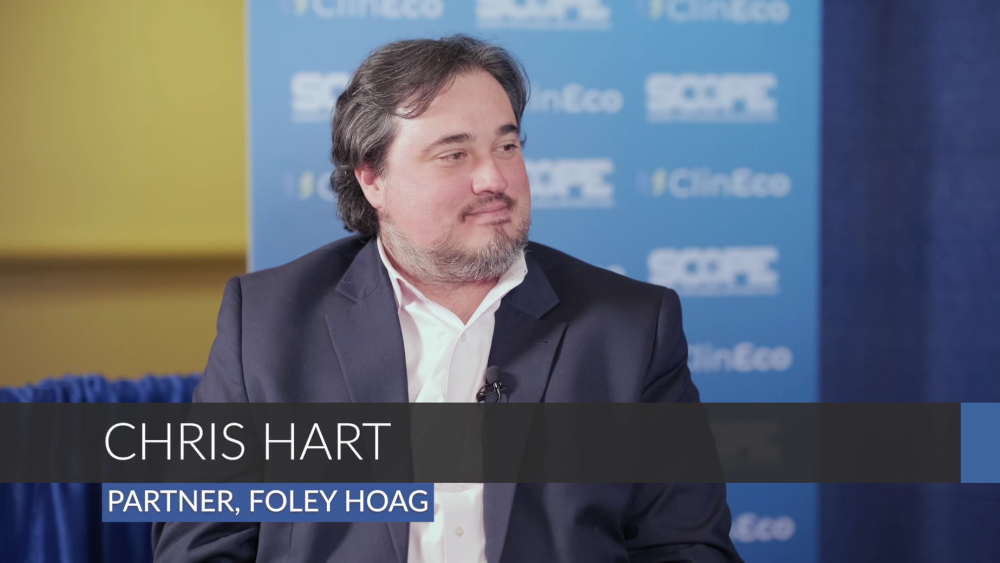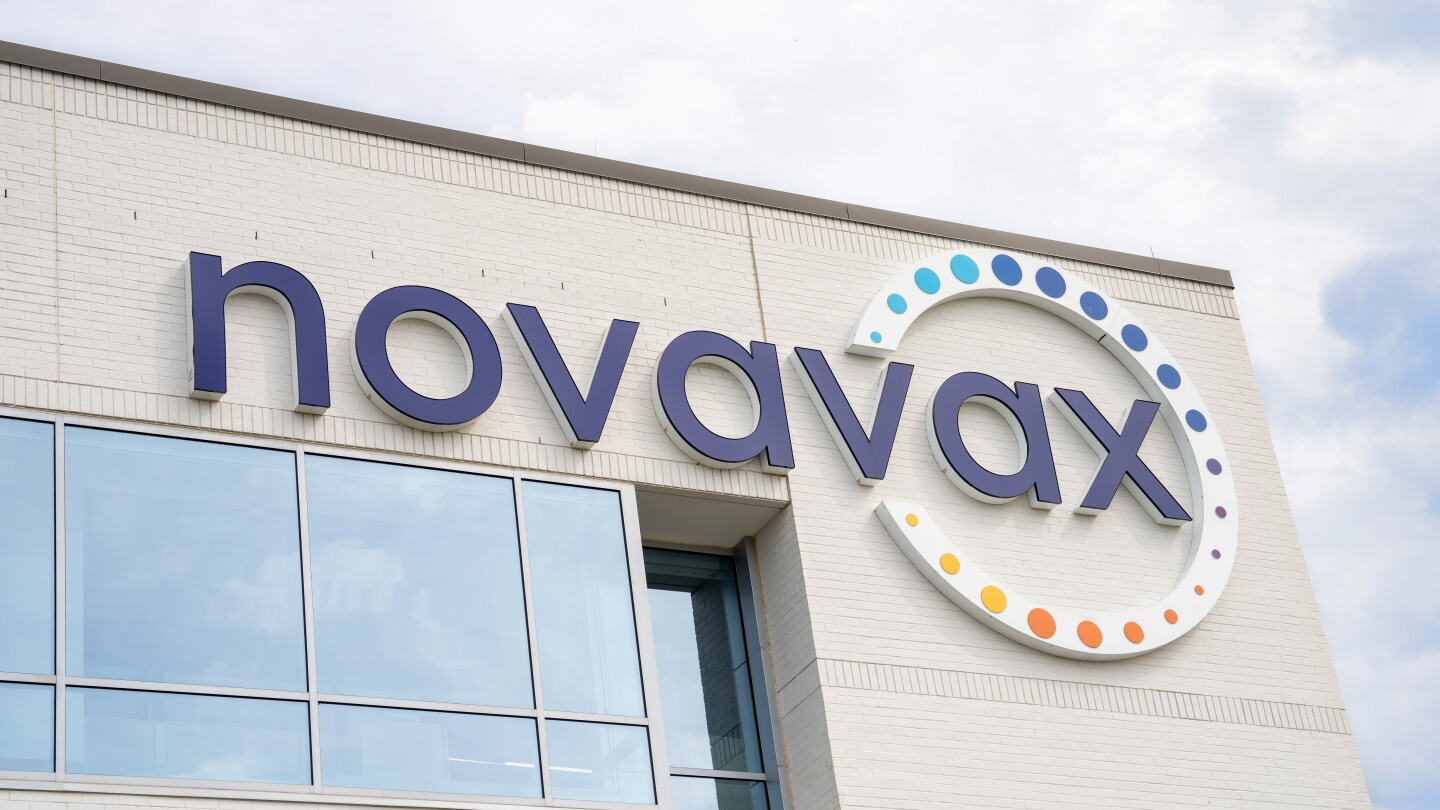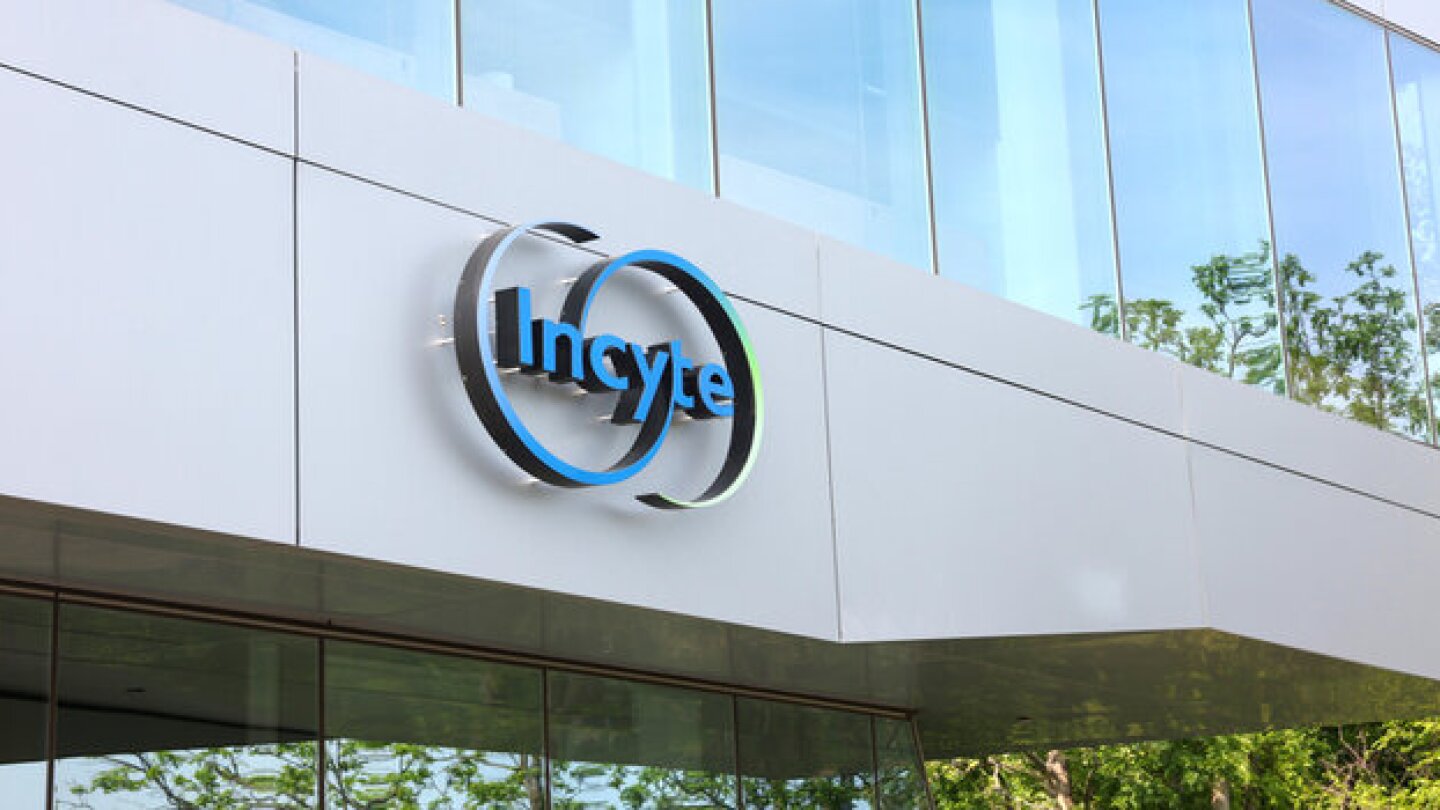News
Nearly $30 million in tax incentive awards are expected to add 1,519 new life sciences jobs in Massachusetts, with about 52% of the positions spread over Boston and Cambridge. Vertex, which received the largest award, will create hundreds of roles in Boston.
FEATURED STORIES
Merck’s Keytruda holds on to the top spot while AbbVie’s Humira—once the world’s top-selling drug—continues to cede its market share to biosimilar competitors.
Congress did not reauthorize the rare pediatric disease priority review program at the end of 2024. Advocates say the ripple effect is already being felt across biopharma.
In the current legal and political landscape, it is all about survival for DEI initiatives.
Job Trends
Building on 80 years of expertise engineering cold storage lab equipment, Thermo Fisher Scientific today introduces its newest line of high performance, ultra-low temperature (ULT) freezers.
FROM OUR EDITORS
Read our takes on the biggest stories happening in the industry.
The HHS secretary recently canceled $500 million worth of BARDA contracts around mRNA vaccine research. But the U.S. government has already spent billions on this work, which has saved millions of lives.
THE LATEST
Govorestat failed to meet its primary endpoint in a Phase II/III trial for a rare form of Charcot-Marie-Tooth disease, a few months after the FDA rebuffed the same drug in a similar indication.
Regeneron promised to comply with 23andMe’s consumer privacy policies and related data security laws.
Taking center stage at the American Society of Gene and Cell Therapy meeting was the first-ever reported case of a personalized in vivo CRISPR editing therapy, which substantially eased the symptom burden in an infant.
The restrictions on Novavax’s vaccine could portend changes at the FDA. Commissioner Marty Makary suggested last week that the agency could update its vaccine approval guidelines “in the coming days.”
Analysts at BMO Capital Markets said in a weekend note that a non-invasive blood test could help boost uptake of Alzheimer’s disease therapies.
While sparking excitement among biopharma companies focused on rare and ultrarare indications, experts say FDA Commissioner Marty Makary’s proposal is light on details and raises potential concerns about safety, access and liability.
The FDA and NIH recently announced plans to phase out animal testing requirements for some therapies. While organoid and AI providers celebrate, scientists warn that questions over safety, applicability and implementation remain.
While the Trump administration has painted the jettisoning of staff and regulations as good for business, there are multiple reasons it’s unlikely to work out that way.
The star of the acquisition is the enzyme replacement therapy INZ-701, being developed for the rare disease ENPP1 deficiency.
The FDA also approved the use of Zynyz as a monotherapy for patients with squamous cell carcinoma of the anal canal who are intolerant to platinum chemotherapy or whose disease has progressed.

















